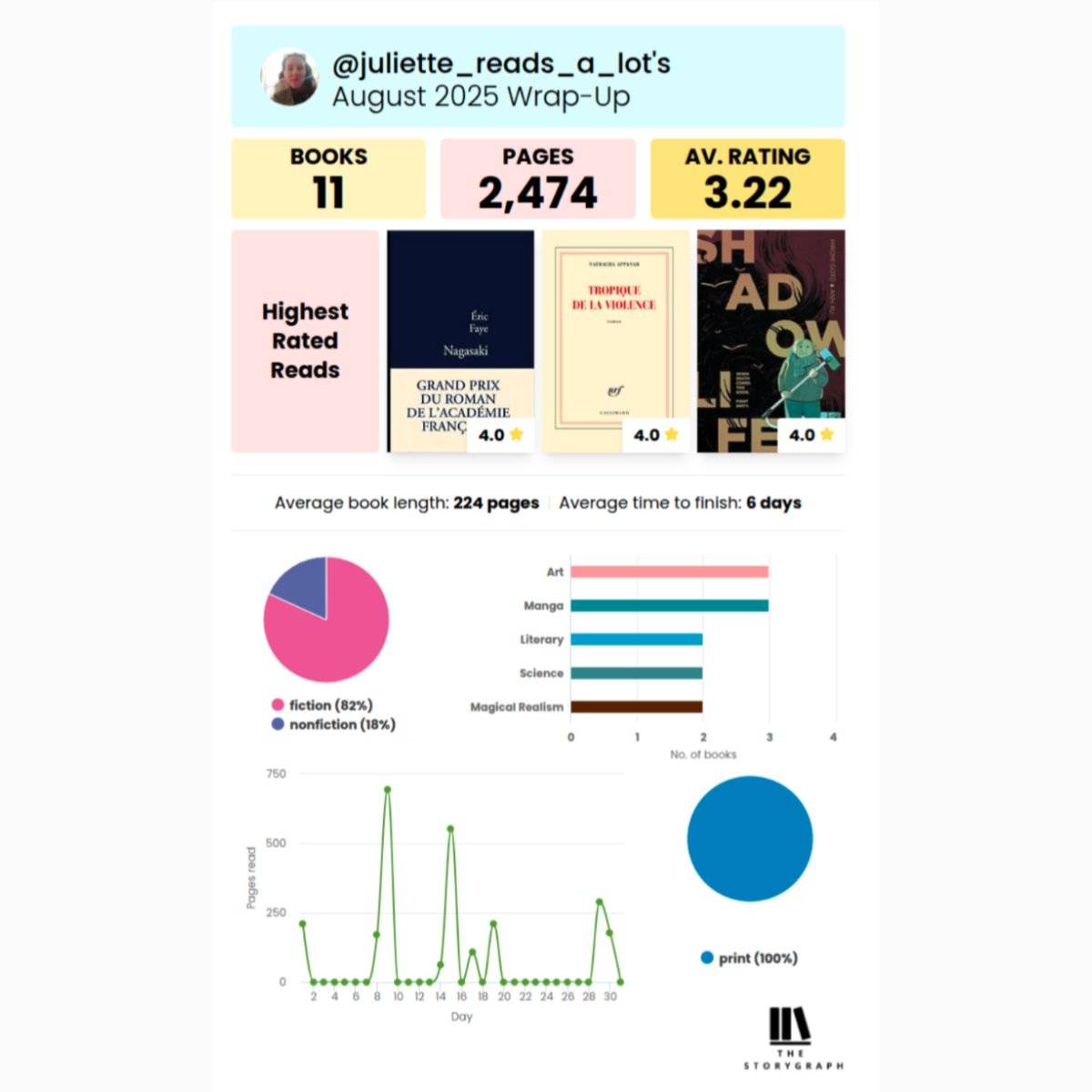
I've been quite busy this month with work... So I haven't read as much as I wanted to. But despite it all, it was quite a good reading month. The three books on the pic were excellent, I 100% recommend them.

I've been quite busy this month with work... So I haven't read as much as I wanted to. But despite it all, it was quite a good reading month. The three books on the pic were excellent, I 100% recommend them.
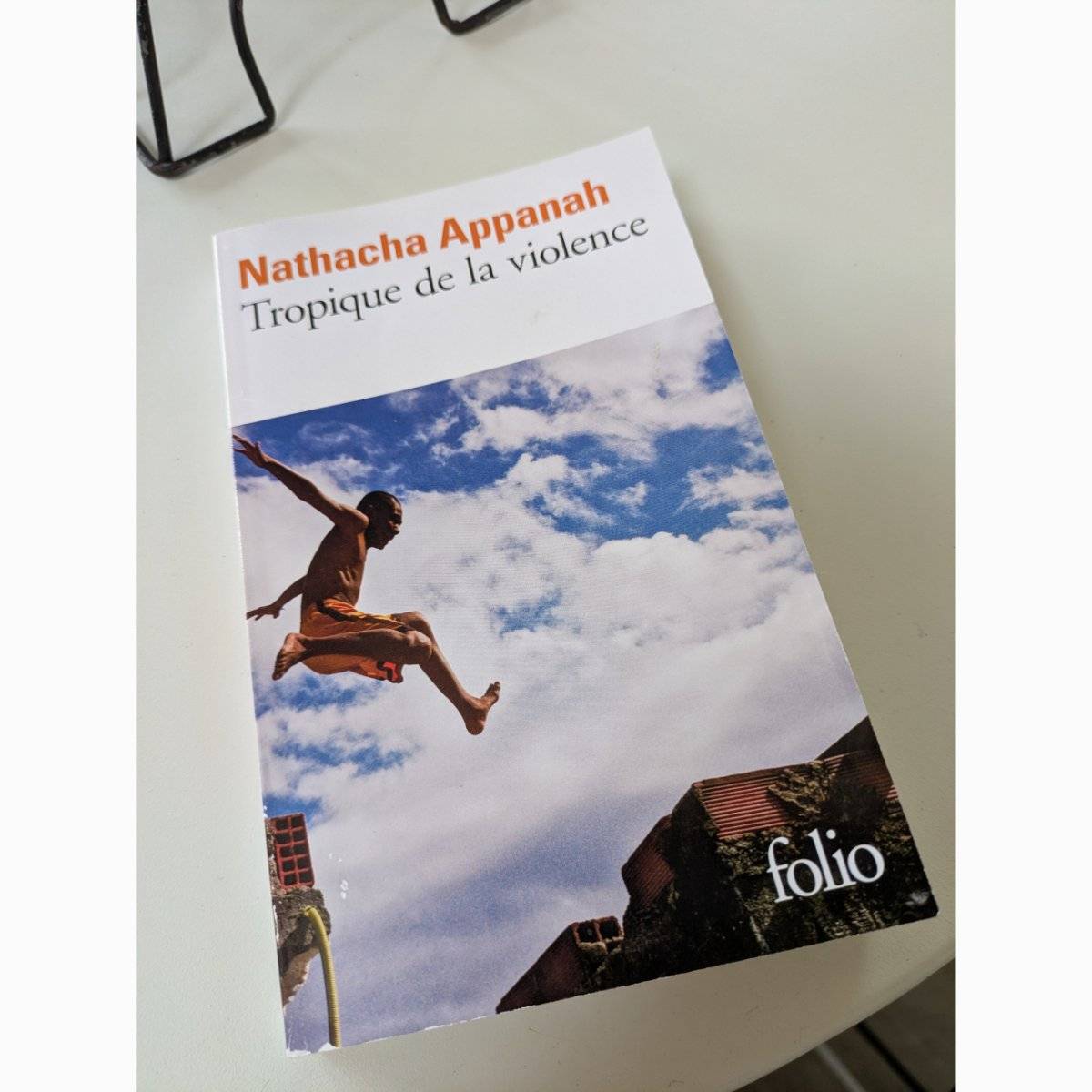
4/5
Excellent novel about an isolated teen living in Mayotte. Written with different voices, we discover his story, from his early childhood to the present.
Trigger warning: this book is violent, but very realistic. That's what I liked about it. The different characters are well-built, the change of tone between characters is impressive.
Beautifully written, the author used her experience there to write this book.
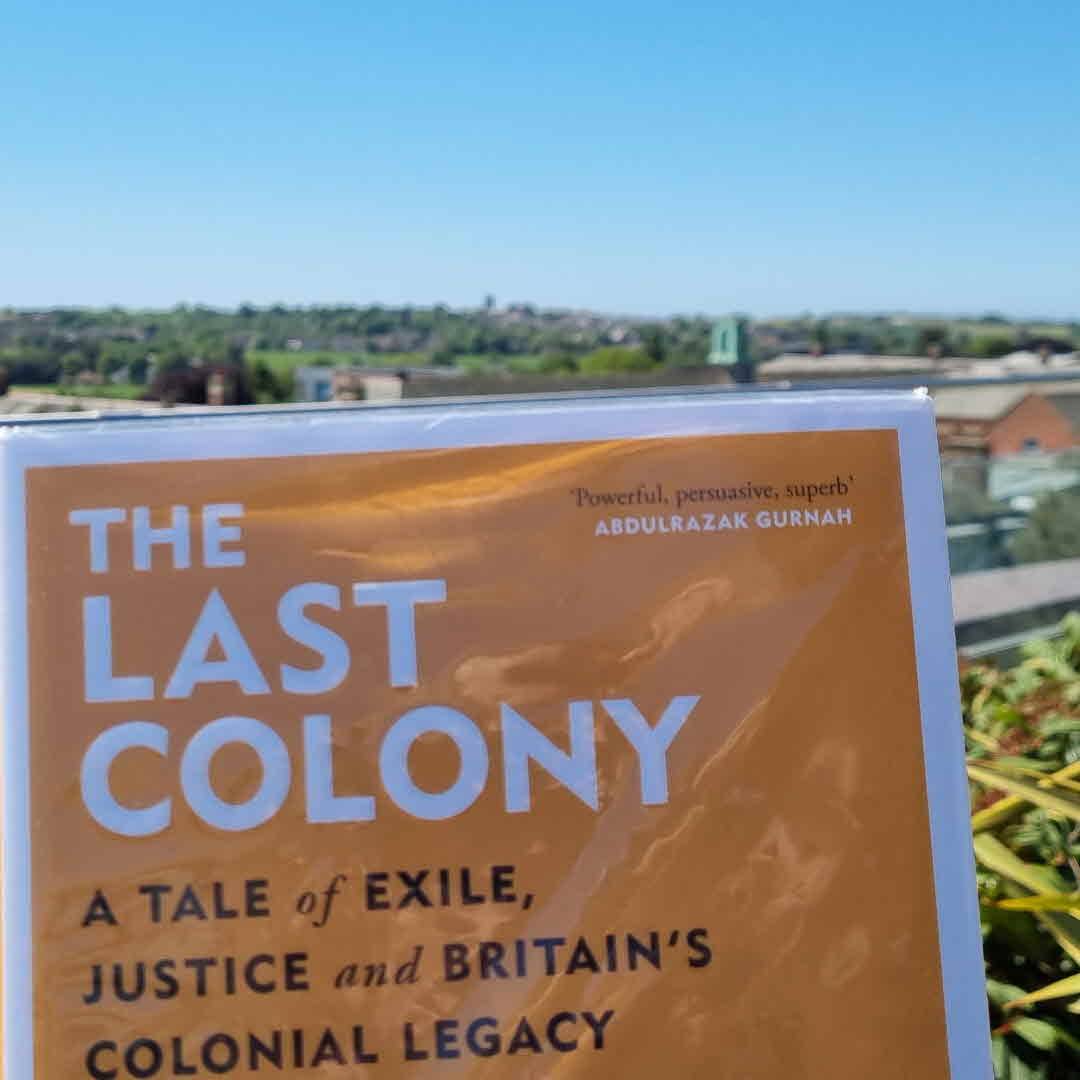
Madame Elysé spoke for three minutes and forty-seven seconds. The silence that followed seemed interminable. As I stood at the podium, a gentle sound filled the Great Hall of Justice, the sound of tears.
I waited to address the Court.
Later, after the morning session was over... Madame Elysé... turned to me.....
'May I ask a question?'
'Yes.'
'Why did it take so long for us to come to The Hague?'
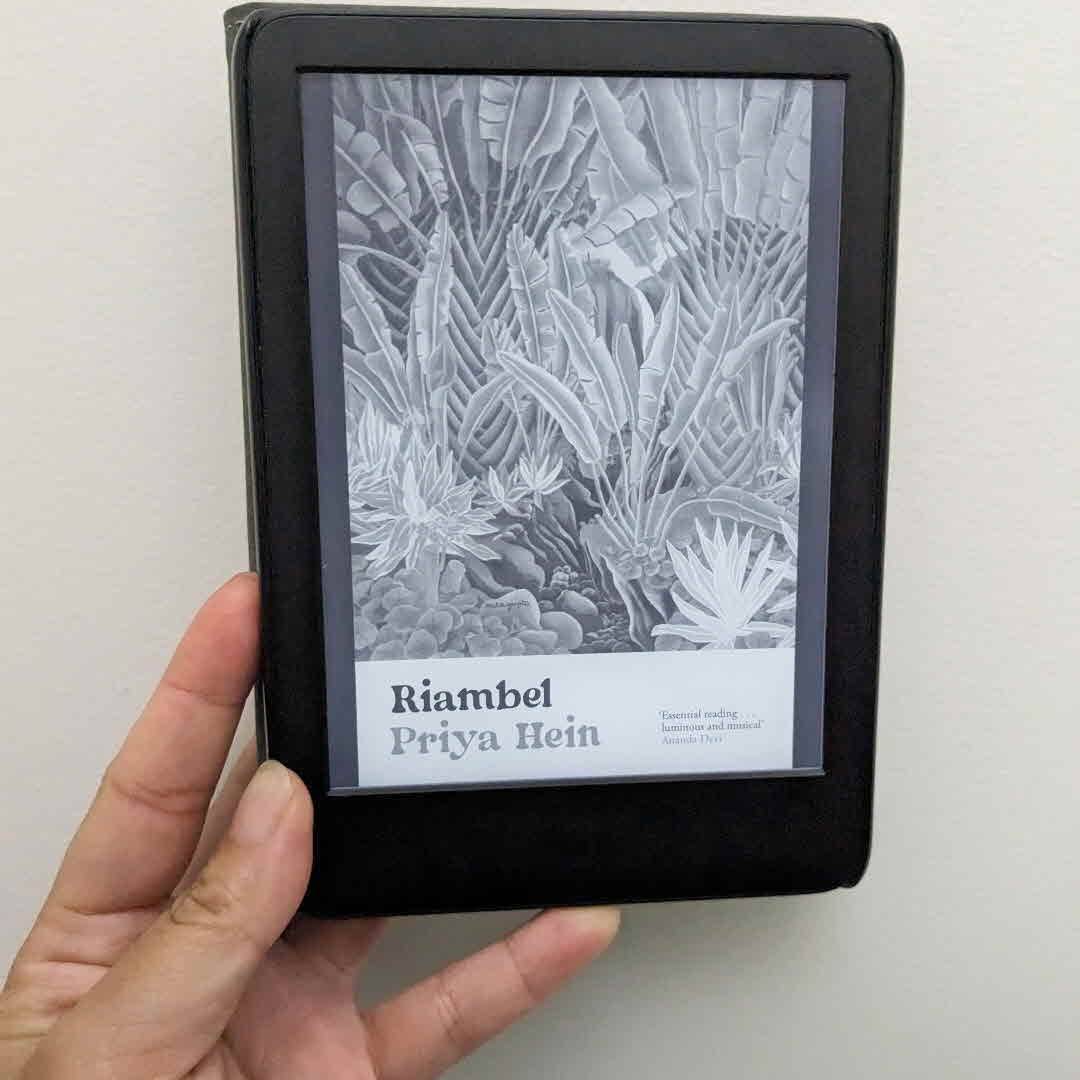
5/5 🌟
A slim, beautiful, and heartbreaking book about the lasting consequences of slavery and racism. Its short and straightforward pages tell the story of Noemi‘s life, from her birth in a shantytown where she lives with her mother. It depicts their life as workers at a nearby manor, serving a large, wealthy French family, and struggling to break out of the cycle of poverty and inequality. It is a powerful, compelling, and harrowing narrative.
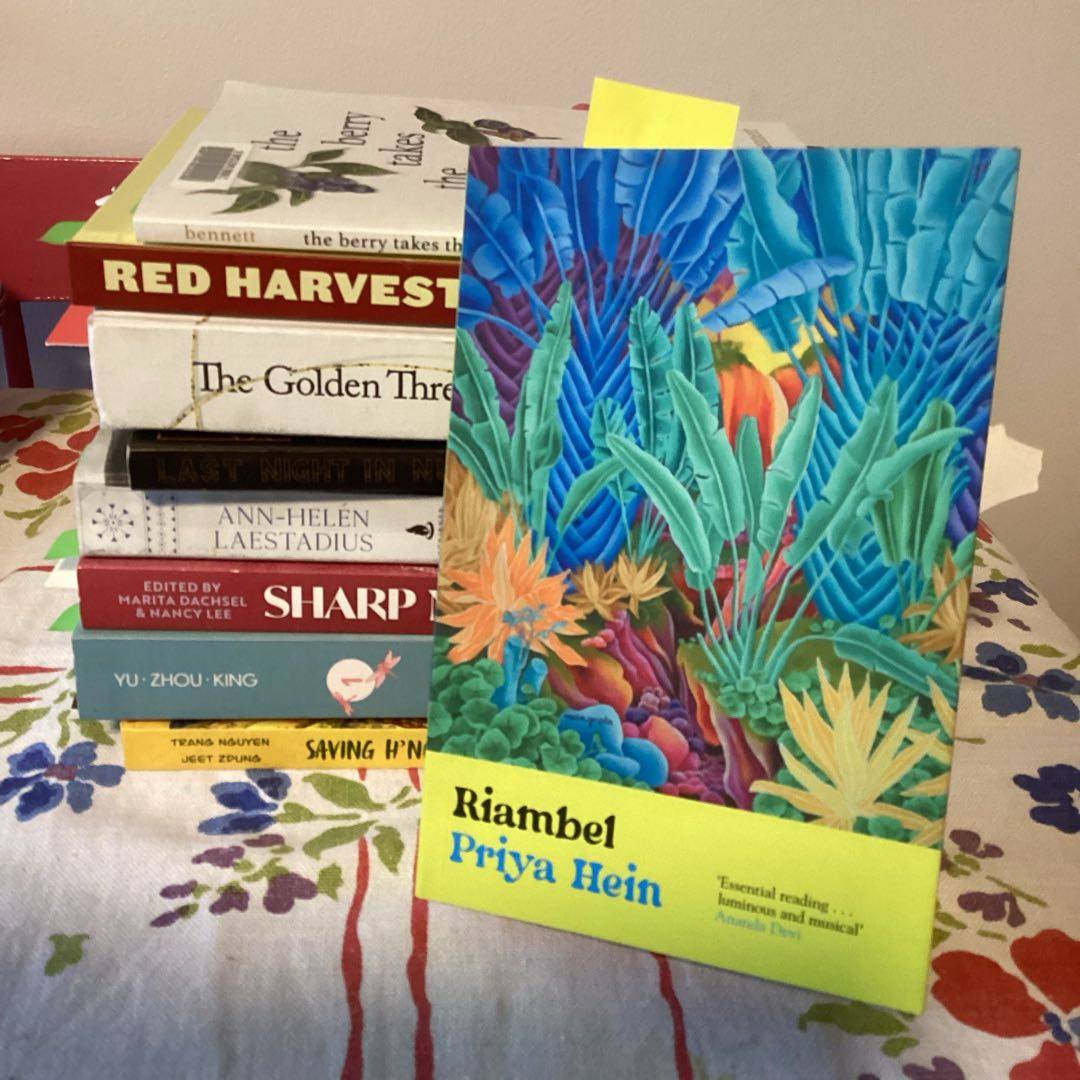
Emotions are vivid in this beautiful novella told in fragments, set in a shantytown in Mauritius. 15-year-old Noemi‘s outrage at her growing awareness of the injustice that has shaped her life: economic disparity & colonial legacy of slavery & white supremacy, her grief, the intensity of her first crush, her solace in the sea. Interspersed with Noemi‘s voice are poems, recipes & the haunting voices of other women from Mauritian history.
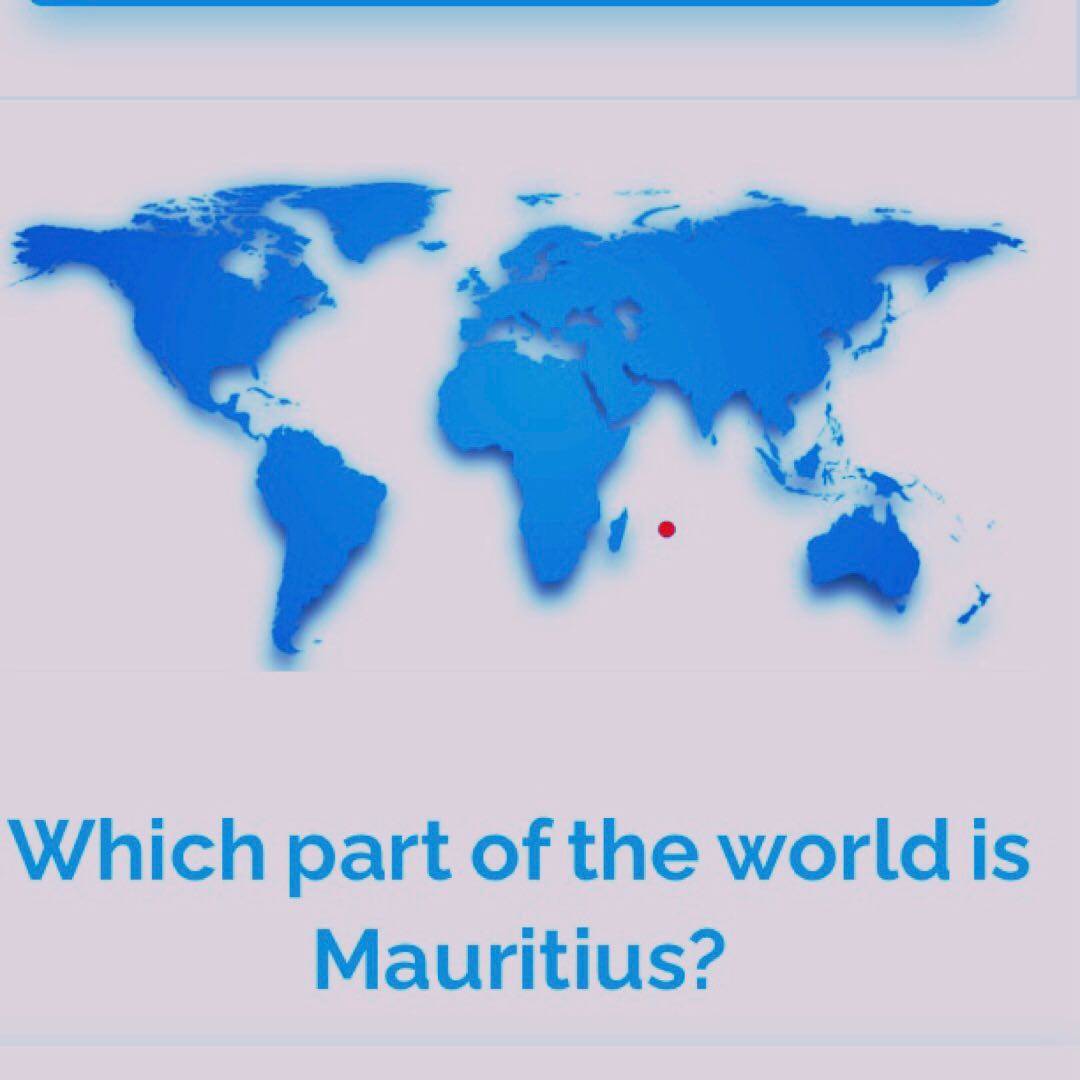
All our lives we‘ve walked around them. On silent tiptoes. Reverently. Serving them. Waiting on them. We‘re taught never to inconvenience them. They walk differently—with privilege. A sense of entitlement only reserved for the whites.
Should they happen to walk in our direction, we quickly step back and let them go first. If we‘re waiting in a queue, they won‘t stand in line like the rest of us. Certainement pas! They‘ll always be served first.

The history we are taught is not about anyone in my family. Even in our meagre school library, the books imported from Europe are full of foreign faces having adventures in faraway places. I never see myself in those stories. Because people like me aren‘t good enough to be in books. Our lives aren‘t worth writing about.
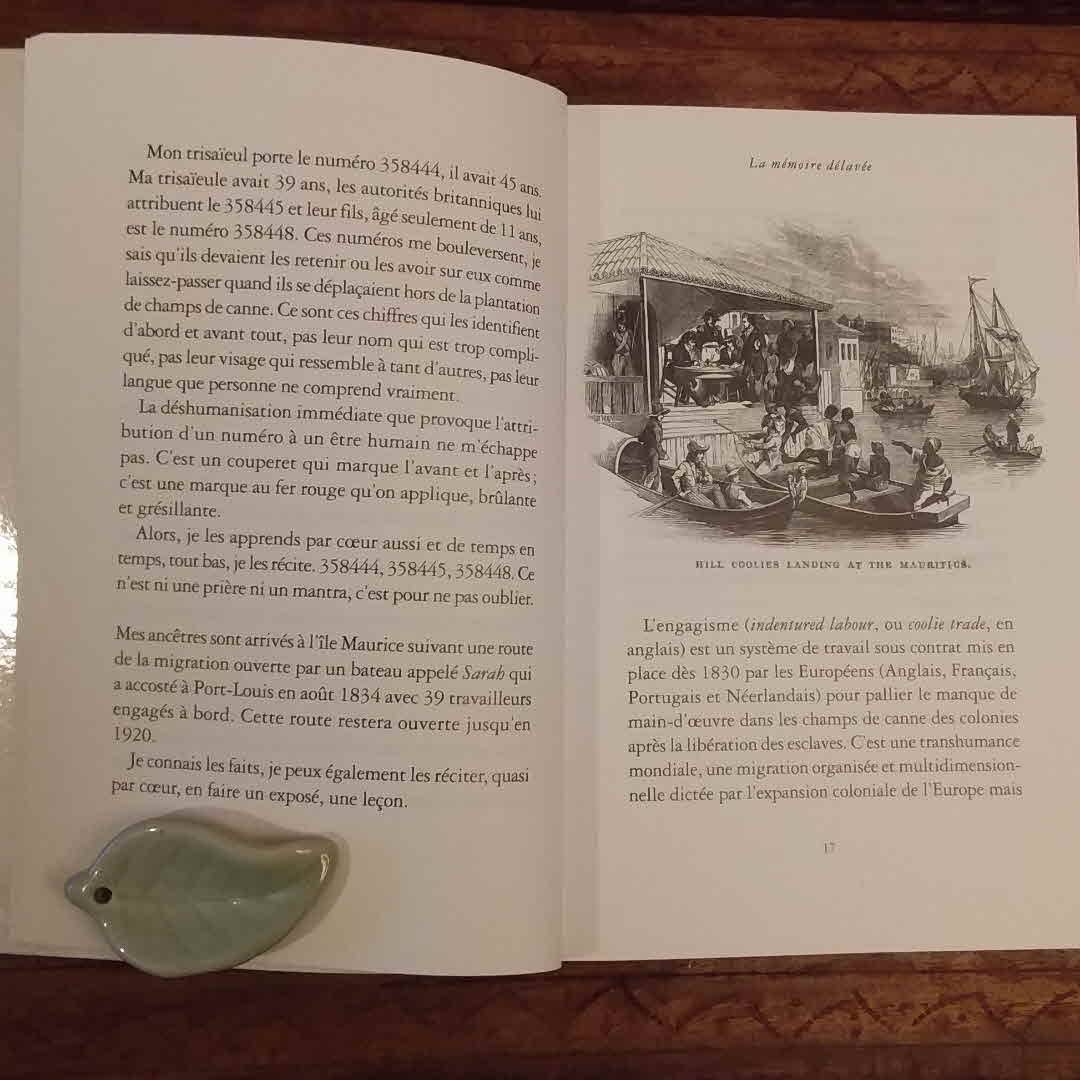
Managed to get my hands on a copy of La mémoire délavée, the latest Appanah about her family history, pieced together from oral testimonies and the few written records available. In the 19th century, her 3 times great-grandparents emigrated to #Mauritius from #India (Andhra Pradesh) as indentured labourers. Fascinating and as usual, well-written.
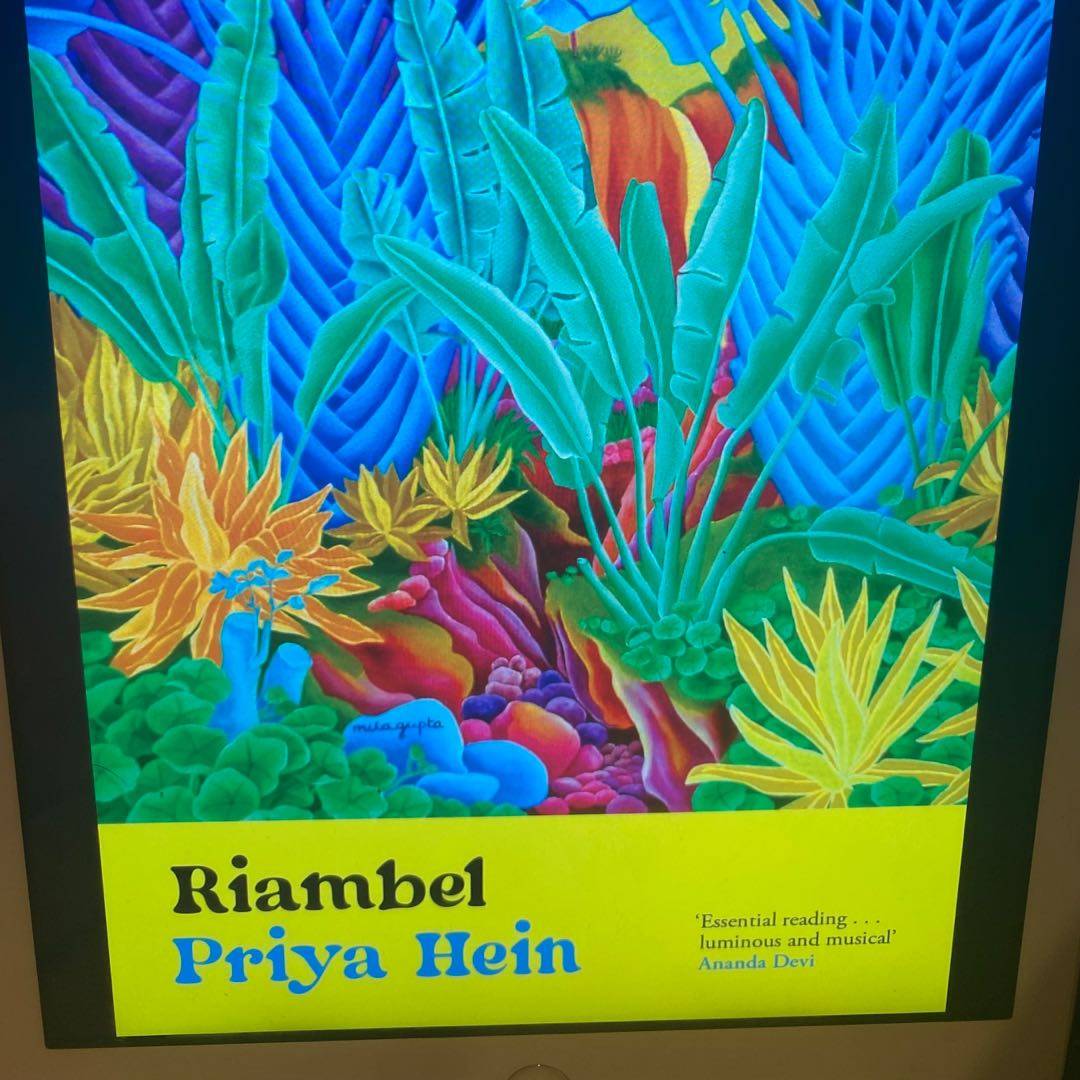
Set against the beautiful backdrop of Mauritius, the book exposes the country‘s history of white privilege. A young girl, raised in the slums quits school to help her mother who works as a servant for a wealthy, white family. She feels trapped in the same lives as her ancestors. This book explores racism, colonialism and heartbreak.. so atmospheric and compelling, I read this novella in just one evening!